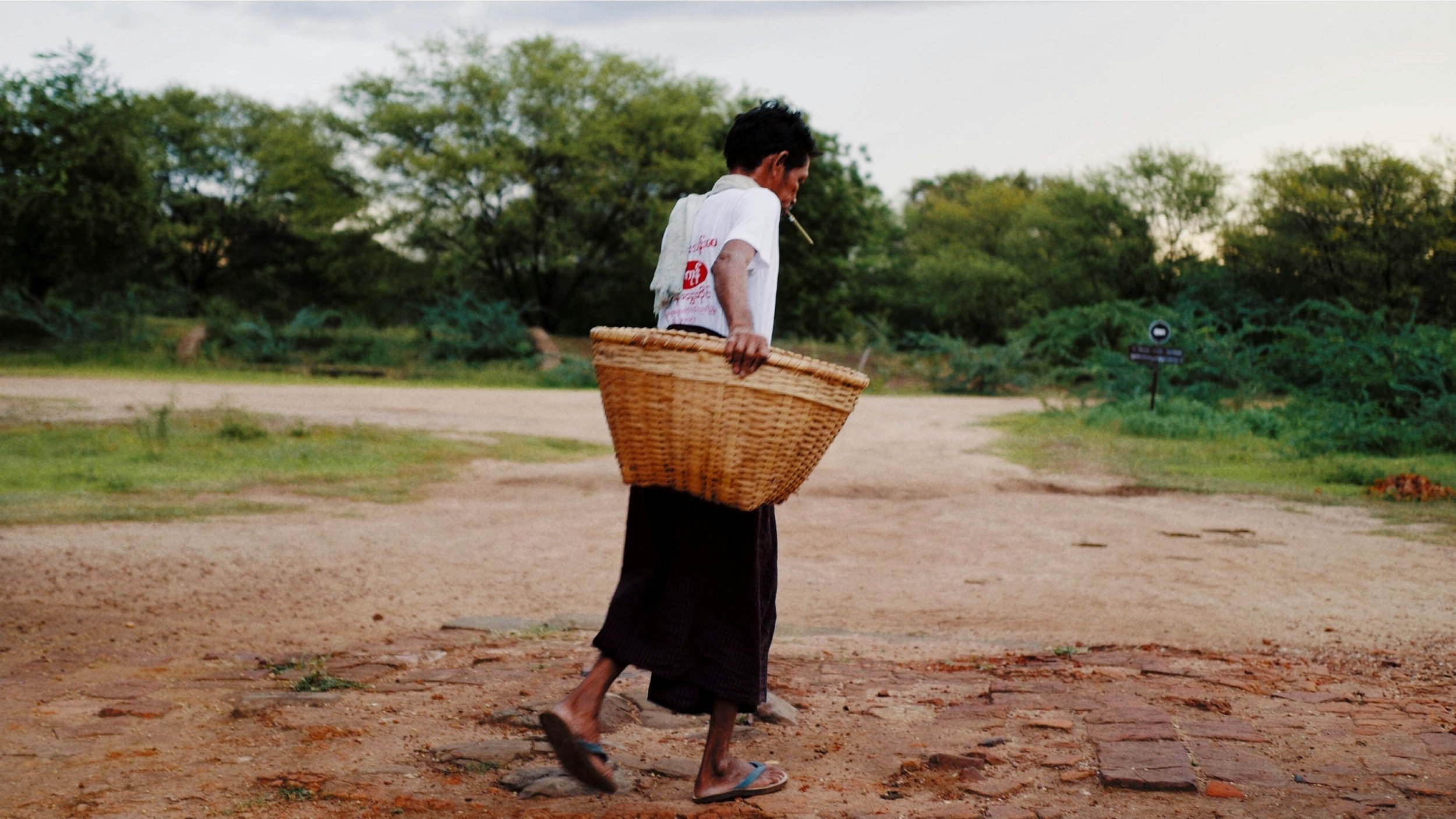From Survival to Strength: Nasiche’s Journey of Resilience and Hope
Martha Mutua & IOB (University of Antwerp)
When Nasiche speaks about her life, it is not just a story, it’s a testimony of resilience, sacrifice, and transformation. Born in 1979 in Kabundaire, Uganda, Nasiche’s journey has been shaped by a string of hardships and hard-won triumphs. Her story is a powerful reminder of what it means to survive and eventually thrive against the odds.
Please note: "Nasiche" is a pseudonym used to protect her privacy. All photos used come from Unsplash and are for illustrative purposes only.
As a young girl, Nasiche’s life took a sharp turn after her father's death. Forced to drop out of school, she began doing casual jobs while navigating the challenges of being raised in a blended family, where she often felt like an outsider. “Growing with a stepfather and his children, there was a lot of segregation,” she recalls. Eventually, the emotional toll led her to leave home at just 13 years old. Her teenage years were marked by economic instability and exploitation. She worked as a maid, often under grueling conditions. At 20, she became a mother and had to navigate a complicated relationship as a second wife. Despite these difficulties, she remained grounded, hopeful and patient. Qualities that would become her anchors.
One of the most painful periods came when she and her family lost nearly all their livestock to disease, and their home was left leaking, forcing the children to suffer through harsh living conditions. Her health also deteriorated, with fevers, body weakness, and a near mental breakdown pushing her to the brink.
But in 2017, something changed—a turning point clearly visible in Nasiche’s life journey as illustrated below.
That year, Nasiche, living in Busibi village, became a beneficiary of Eight’s unconditional cash transfer (UCT) program. For the first time, she had access to regular, reliable financial support, and with it, the freedom to dream and act on those dreams. She used the money to pay school fees for her children, complete her family’s home, and invest in livestock. “The cash gave me peace of mind,” she says. “I was no longer forced to do casual labor, which often left me exhausted and underpaid. I focused on my household and made meaningful improvements.”
Her family's well-being significantly improved. The children had a safe place to sleep, better food, and access to education. And perhaps most importantly, Nasiche regained a sense of agency. She joined local women’s savings groups, actively participated in community dialogues, and took pride in contributing to her family's decisions. Even during the COVID-19 pandemic, a time of global uncertainty, Nasiche’s household weathered the storm better than most. Thanks to the earlier investments in food security and home improvements, they were able to endure lockdowns, food shortages, and illness with remarkable resilience.
Today, Nasiche lives in a completed house, her children are well, and she continues to raise livestock. She remains an active member of her community and reflects on the past with gratitude. “If this program had come earlier, I would have built even more. But I’m thankful. It gave me a second chance.” Her life, once defined by instability and hardship, now stands as a testament to the long-term power of trust, dignity, and direct support.
Her story is one among many, but it shines as a clear example of how unconditional cash transfers can unlock potential, restore dignity, and change lives, not just for a moment, but for generations to come.




